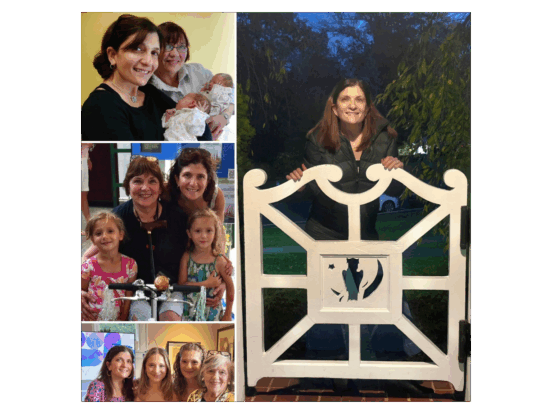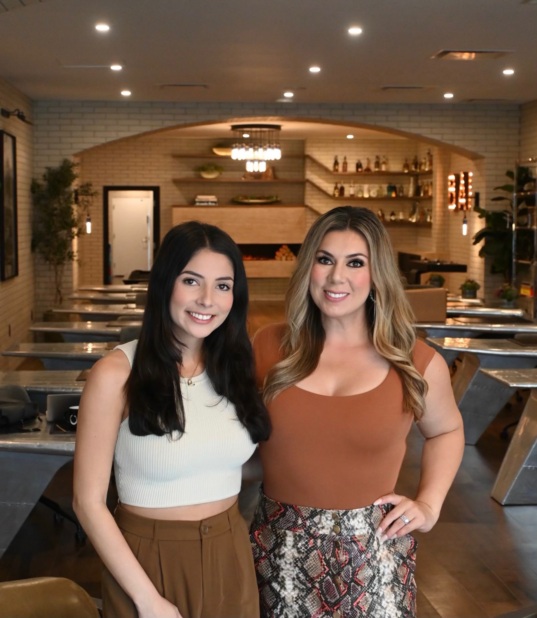Caregiving

Alana Palomino (pictured left) shares five lessons she's recently learned since having to step in as a patient advocate for her mom, Bridget (pictured right).
Alana Palomino recently joined NPAF’s grassroots network. She is a healthcare strategy consultant, holds a bachelor’s degree in cellular and molecular biology from Barnard College of Columbia University, and is the lead author of a research publication featured in Nature’s The ISME Journal. She is based in New York City and was an official state finalist for Miss New York USA 2024.
In early January of this year, a FaceTime call from my mother marked the beginning of a profound shift in my perception of our healthcare system and the vital role of patient advocacy. I was sadly shocked and terrified to see her entire body covered in hives, even in the most unexpected places, like the insides of her ears and mouth. Swelling distorted her features, and she described a terrifying sensation of her throat constricting. She didn’t look like my mom. She told me it felt as if her body was attacking itself. The cause remained elusive, prompting us to speculate about latent allergies or other unforeseen triggers.
Desperate to rule out a life-threatening allergic reaction, my father rushed her to the ER. Following an IV of antihistamines and steroids, the reassurance from the ER doctor that the allergic reaction would subside temporarily calmed our panic. Unfortunately, the hives and swelling remained.
As weeks passed and ER, urgent care, and doctor’s appointments accumulated, we found ourselves stuck in a medical maze devoid of answers. Specialists prescribed a range of medications, including antihistamines, steroids, antacids, and even antidepressants. Witnessing my mother’s struggle with the physical and emotional toll of her condition, exacerbated by the side effects of the prescribed medications, such as dizziness, headaches, and confusion, underscored the urgency of finding a solution. It wasn’t until a recent consultation with a specialist that a formal diagnosis emerged: chronic urticaria, or chronic hives, characterized by persistent, inexplicable welts that have stubbornly defied conventional treatment, in addition to angioedema, which is the swelling of the face, lips, eyes, and extremities. After probing, the specialist told her we would likely be unable to uncover the root cause nor understand why her current treatment options were not working. She was left with limited remaining treatment options that he claimed would only temporarily provide relief. We believed it was imperative that she sought another medical opinion before settling and so she did. Luckily, we identified another specialist who brought a different perspective to my mother’s healthcare — he recommended additional testing not previously recommended, which would confirm the diagnosis and rule out alternative diagnoses, ultimately helping her determine the appropriate treatment option for her condition.
This year has been a transformative journey in patient advocacy for me. While my professional role as a healthcare strategy consultant often involves identifying growth opportunities for healthcare companies to meet patient needs, it wasn’t until my mother’s health crisis that I fully appreciated what it means to advocate for better healthcare from the patient’s perspective. This mission is now personal.
Together, we have learned the importance of actively participating in one’s own healthcare, seeking multiple opinions, and meticulously documenting every aspect of the patient journey. Through my collaboration with NPAF, I am committed to empowering others with the insights gleaned from our experience. Here’s what we’ve learned along the way:
By sharing my story, I hope to illuminate the path for others who may be confronting similar patient advocacy journeys with their loved ones.
